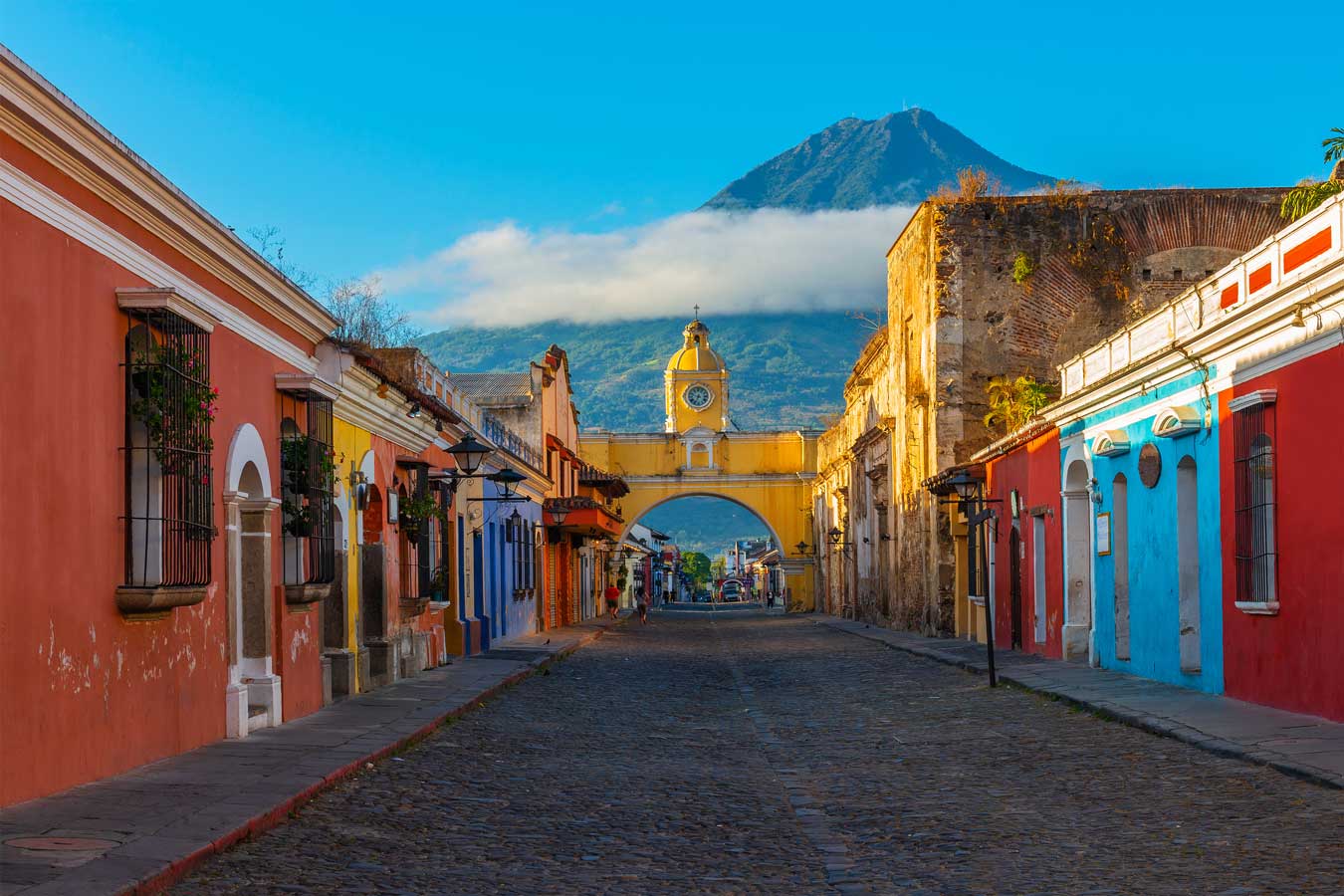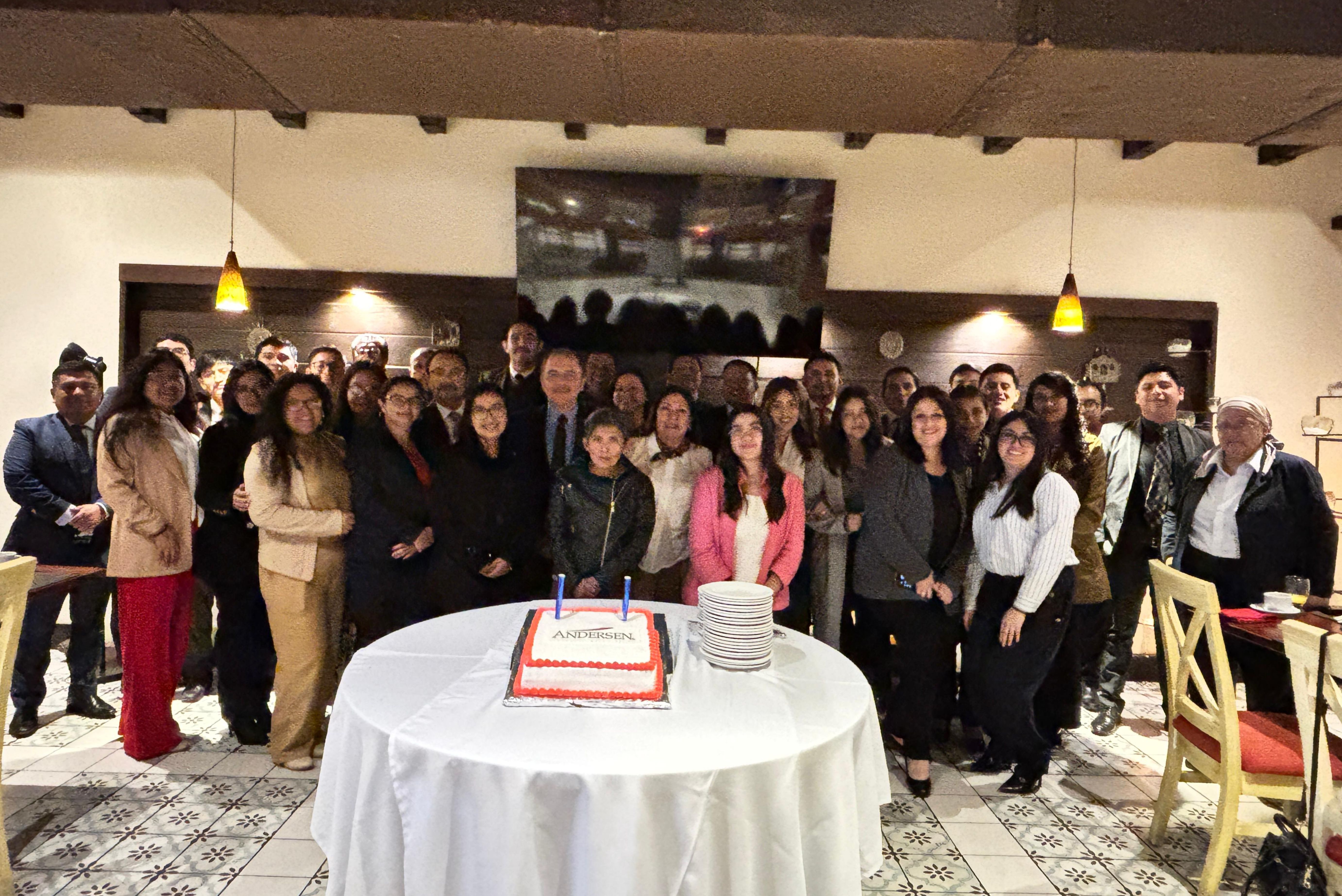On December 22, 2025, Government Agreement No. 256-2025 of the Ministry of Labor and Social Security was published in the Diario de Centro América.
Below is a brief summary of the agreement:
Download the newsletter here.
On December 18, 2025, Resolution No. SAT-DSI-1837-2025 of the Superintendency of Tax Administration was published in the Official Gazette.
Below is a brief summary of the resolution:
The first paragraph and section 1 of Article 4 of Resolution No. SAT-DSI-052-2025 of the Superintendency of Tax Administration are amended to read as follows:
Individuals applying for temporary export permits must meet the following requirements before the Superintendency of Tax Administration:
•The NIT must be active, ratified, and/or updated.
•If you have an active registered establishment, you must have active affiliation with Value Added Tax.
•Be incorporated into the FEL Online Electronic Invoicing System.
•Have authorization for books issued by the Superintendency of Tax Administration.
The Resolution comes into effect on December 19, 2025.
For more information, please contact our offices.
Mario Salazar mario.salazar@gt.Andersen.com
Mauro Hernández mauro.hernandez@gt.Andersen.com
Evelyn Guerra evelyn.guerra@gt.Andersen.com
On December 15, 2025, Government Agreement No. 222-2025 of the Ministry of Labor and Social Welfare was published in the Official Gazette, granting paid leave on Wednesday, December 24, Friday, December 26, and Wednesday, December 31, 2025, to public servants who work in centralized and decentralized entities of the public administration.
Public servants who, in compliance with their Collective Agreement on Working Conditions, enjoy a holiday on a day other than that indicated are exempt.
Consequently, these days shall be considered non-working days for the purposes of calculating the deadlines that must be observed within the public administration, with the exception of those who provide essential public services or those who have scheduled activities considered urgent, in which case the appointing authorities shall schedule the corresponding shifts to ensure the provision of services.
The Agreement shall enter into force on December 16, 2025.
For more information, please contact our offices.
Mario Salazar mario.salazar@gt.Andersen.com
Mauro Hernández mauro.hernandez@gt.Andersen.com
Evelyn Guerra evelyn.guerra@gt.Andersen.com
On November 28, 2025, Decree Number 17-2025 of the Congress of the Republic of Guatemala was published in the Official Gazette, enacting the Law for the Facilitation of Tax Refund Compliance.
The purpose of the Law is to simplify and streamline tax refund procedures in Guatemala, especially VAT tax credits, ensuring greater transparency, control, and speed for the benefit of taxpayers. Main reforms:
Tax current account system (Art. 99 Tax Code):
A comprehensive system is established that links debits and credits between SAT and taxpayers.
Possibility of crediting balances in favor in future returns instead of cash refunds.
Maximum period of 30 days for approved refunds.
VAT credits do not accrue interest.
Refund procedure (Art. 153 Tax Code):
Claims for undue or excess payments will be resolved without prior audit, except for basic verification.
SAT will send resolutions to the Bank of Guatemala for crediting to the account
Right to tax credit refund (Art. 23 VAT Law):
Right to tax credit refund for inputs linked to exports or exempt services.
Quarterly, semi-annual, or monthly procedures depending on the regime.
Strict documentation and banking requirements for payments.
No refund will be granted if there are indications of fraud or lack of supporting documentation.
General procedure (Art. 23 A VAT Law):
Applications must be accompanied by invoices, accounting books, and proof of payment.
SAT must respond within 30 days (quarterly) or 60 days (half-yearly).
Negative administrative silence: if SAT does not respond within the deadline, the application is considered denied for the purposes of appeal.
Specific account at the Bank of Guatemala (Art. 23 B VAT Law):
A special fund is created with at least 8% of daily VAT revenue.
The Bank of Guatemala administers and reports monthly to the Ministry of Finance and SAT.
The bank may deduct 0.25% of the amounts refunded for administrative costs.
Special refund regime (Art. 25 VAT Law):
Exporters may request monthly refunds:
75% of the tax credit if ≤ Q500,000.
60% if > Q500,000.
Procedure with sworn statement, desk audit, and refund via bank transfer.
SAT maintains a register of qualified exporters.
VAT withholdings (Art. 11 Decree 20-2006):
Suppliers with remaining tax credit from withholdings for two years may request a refund.
Transitional provisions
Pending payment files shall be handled by the Ministry of Finance according to budget availability.
The “VAT Fund” account is updated in accordance with the new mechanism of Art. 23 B.
Decree 17-2025 seeks to modernize and streamline tax refunds, ensuring transparency, defined deadlines, and a specific fund administered by the Bank of Guatemala. Oversight is strengthened to prevent fraud, and special mechanisms are granted to exporters and suppliers with accumulated credits.
The decree enters into force on November 29, 2025.
For more information, please contact our offices.
Mario Salazar mario.salazar@gt.Andersen.com
Mauro Hernández mauro.hernandez@gt.Andersen.com
Evelyn Guerra evelyn.guerra@gt.Andersen.com
On November 27, 2025, Superintendency Resolution Number SAT-IAD-009-2025 on Administrative Provisions Related to the Use of Non-Intrusive or Non-Invasive Controls in Temporary Customs Warehouses was published in the Official Gazette. Administrative
On May 14, 2025, the Constitutional Court of Guatemala notified the provisional suspension of Resolution number SAT-DSI-393-2025, issued by the Superintendence of Tax Administration (SAT) on March 7 of the same year. Said resolution contemplated the

Andersen is the Guatemalan member firm of Andersen Global, an international association of member firms comprised of tax and legal professionals worldwide.










